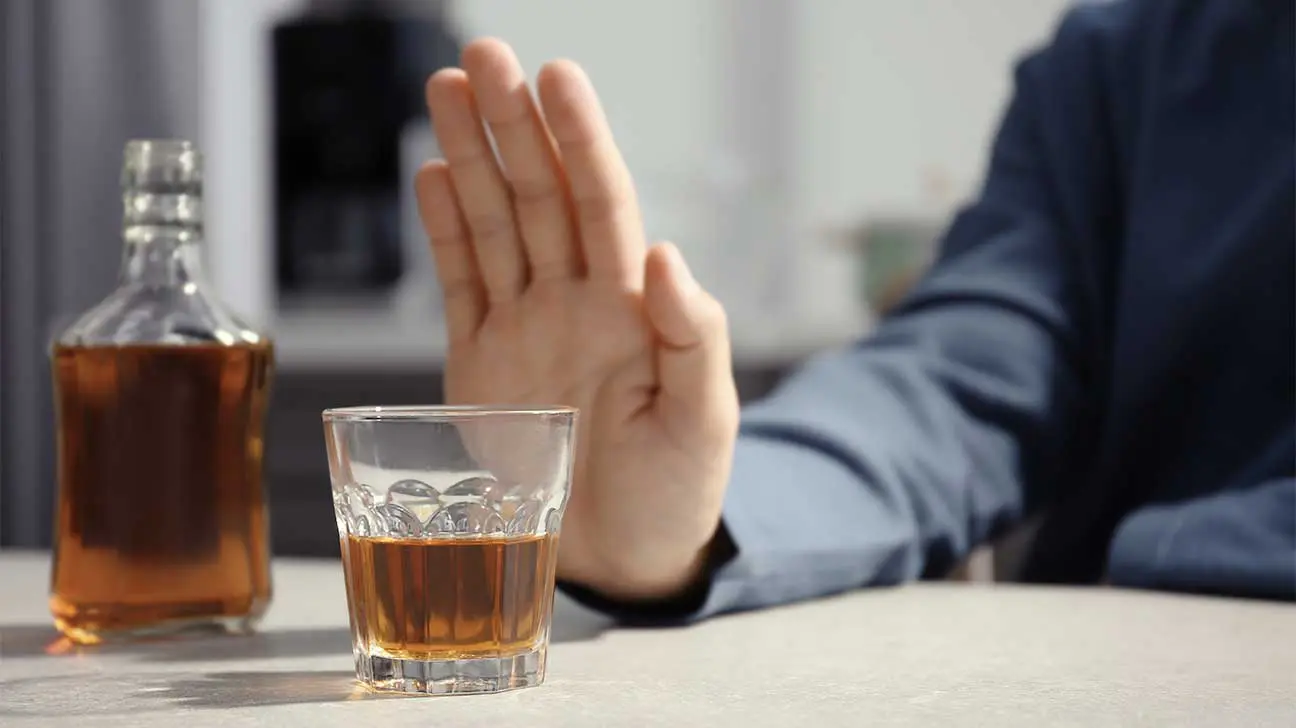
Many people in the United States are living with someone who struggles with alcohol abuse. In fact, research estimates that at least 10 percent of children live with an alcoholic parent.
Unfortunately, a person abusing alcohol can quickly become physically dependent on it and this makes it difficult for them to stop drinking.
However, some people still try to quit drinking once they realize the impact their excessive alcohol consumption is having on their life. For these individuals, it is important to understand the dangers of detoxing from alcohol at home.
Reasons Not To Detox From Alcohol At Home
The first step to sobriety involves a detoxing process wherein the substance that a person is addicted to leaves their system. When detox occurs, it causes a physical response from the body because it has gotten used to depending on a constant supply of alcohol.
Emotions are affected, too, because alcohol increases certain neurochemicals in the brain. This leads to an overwhelming amount of withdrawal symptoms that aren’t easy to deal with alone. Detoxing from alcohol alone can cause a person to relapse because they just want to feel normal again.
Besides these reasons, detoxing from home puts a person at risk for getting very sick from the side effects caused by the withdrawal process. This could lead to them having a major medical emergency.
Risks And Dangers Of Detoxing From Alcohol At Home
One of the main reasons not to detox from alcohol at home is the life-threatening risk that it poses to a person’s health. Seizures, hallucinations, heart failure, and death are all possible dangers of detoxing from alcohol at home.
Alcohol detox can also lead to the following symptoms:
- nausea
- vomiting
- clammy skin
- tremors
- mood swings
- loss of appetite
- fatigue
Medically Supervised Alcohol Detox Programs
Alcohol detox programs are a much safer option than trying to quit drinking “cold turkey.” These programs are medically supervised by doctors and mental health professionals who understand the way alcohol affects the body and how to help a person detox safely.
Sometimes, addiction treatment specialists can give medications to help ease withdrawal symptoms during an addicted person’s stay at a rehab facility. These are non-addictive substances, such as over-the-counter products for nausea and vomiting.
Prescriptions for anxiety and depression medications may be suggested as well. Individual and group therapy help get to the root of a person’s drinking problem and guide them on the path to sobriety.
How To Find An Alcohol Detox Program
In order to find alcohol detox programs in a person’s local area, contact one of our treatment specialists for a list of rehab facilities that will suit their needs.
This should be done quickly, though, because the symptoms of alcohol withdrawal can begin just eight hours after someone has their last drink. The most severe side effects, like hallucinations and seizures, can start after 24 to 48 hours.
For more information on alcohol detox programs and alcohol abuse treatment, contact an addiction treatment specialist today.
Addiction Resource aims to provide only the most current, accurate information in regards to addiction and addiction treatment, which means we only reference the most credible sources available.
These include peer-reviewed journals, government entities and academic institutions, and leaders in addiction healthcare and advocacy. Learn more about how we safeguard our content by viewing our editorial policy.
- National Institute on Alcohol Abuse and Alcoholism — Alcohol Facts and Statistics
https://www.niaaa.nih.gov/publications/brochures-and-fact-sheets/alcohol-facts-and-statistics - Substance Abuse and Mental Health Services Administration
https://www.samhsa.gov/find-help/national-helpline

